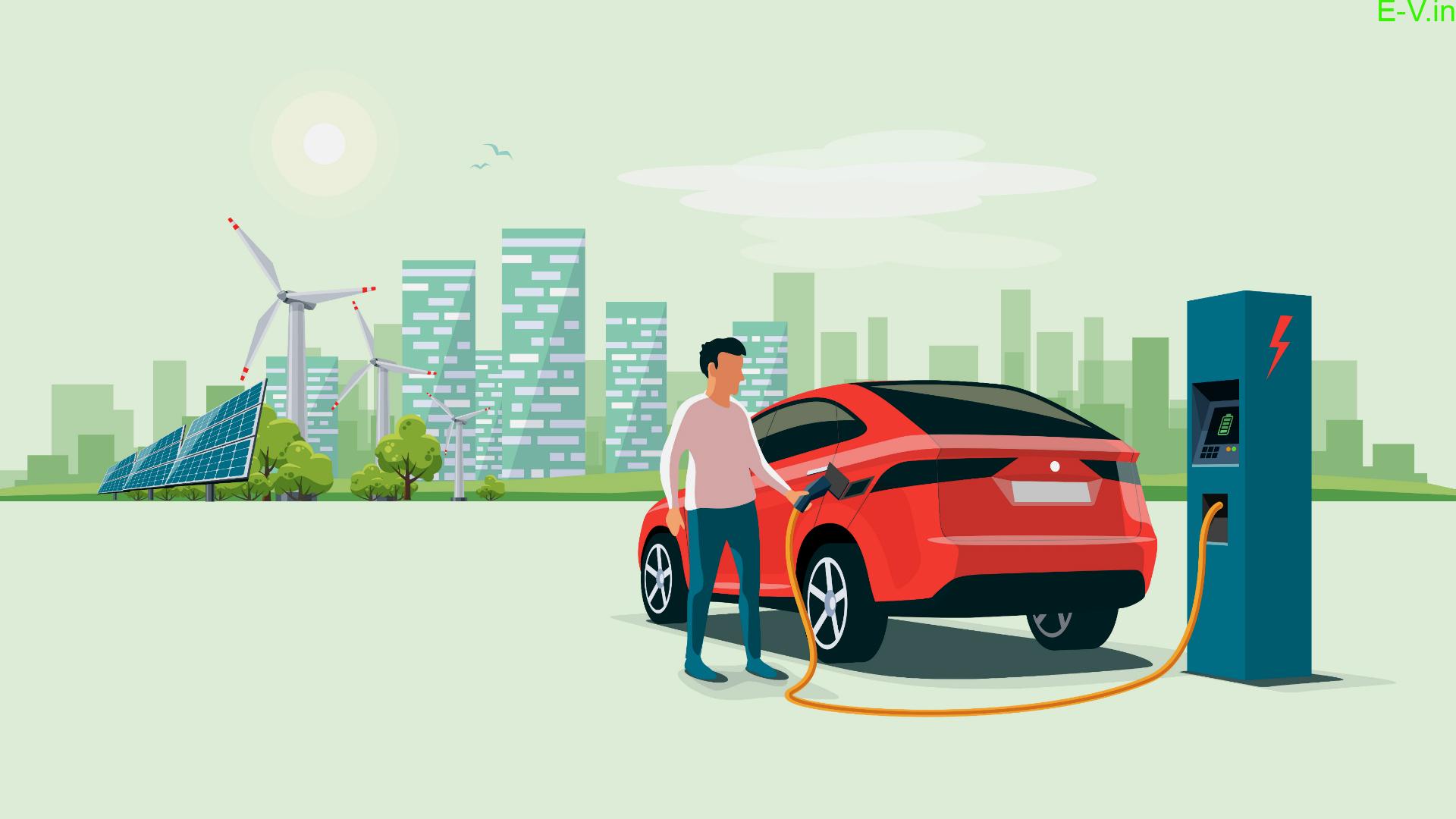While electric cars are often associated with sustainability, we must ask ourselves, are they actually greener? While there are no emissions from the tailpipe of an electric car, the process of manufacturing and charging such vehicles requires energy, emissions, and resources. Electric cars run on lithium-ion batteries, which is a huge contributor to not only their carbon emissions but also their environmental impacts as a whole. The production of lithium-ion batteries is more material intensive than combustion engines; in addition to lithium, they require materials such as cobalt, nickel, copper, and aluminum which are all extremely labor intensive to mine. There are generally two ways to extract lithium: open-pit mining and brine extraction. Open-pit mining requires clearing vegetation and digging a deep pit, which leads to erosion of the land and releases toxins into the soil thus contaminating the area. Brine extraction drains water from underground drinking reserves, which depletes the surrounding ecosystem of available water. This task also requires toxic chemicals in order to process the lithium; this releases chemicals and degrades the quality of the air, soil, and water. Additionally, the energy required to extract and process minerals emits CO2 into the atmosphere; in fact, every ton of lithium that is mined from hard rock emits 15 tonnes of CO2. For processing, materials must be heated to temperatures of around 800 to 1,000 degrees Celsius. 77% of lithium-ion batteries are manufactured in China where coal, one of the worst contributors to carbon emissions, is the leading source of energy. The battery in the Tesla Model 3 generates between 2.5 and 16 metric tons of CO2, depending on the energy used to heat the materials. All of these factors combined result in the production of an electric car having 80% more emissions than the production of a comparable gasoline car. According to the Fuel Institute, driving around 19,000 miles in an average EV will offset the carbon it produced during manufacturing, which would usually take the average user a little over one year.Electric cars certainly have a larger carbon footprint during production, but once they are on the road they are much greener than their gasoline counterparts. In 2019, MIT conducted an Insights Into Future Mobility study that revealed that, on average, gasoline cars emit 350 grams of CO2 per mile more than EVs. In 200,000 miles of driving, electric cars produce around 41% fewer greenhouse gasses than the average internal combustion vehicle. However, it is difficult to say for certain how much better electric cars are because the carbon footprints depend so heavily on the kind of electricity used for charging. Average carbon emissions for electric cars that use America’s power grid are around 25% lower than a hybrid car and even lower than that of a full gasoline car. However, compared with a state such as Washington, where the majority of the energy is cleanly generated through hydropower, carbon emissions would be around 61% lower than a hybrid car and significantly lower for a gas car. West Virginia, which burns coal to produce most of their electricity, would produce more emissions for an EV than a hybrid, but still less than a gas car. The source of the energy used to charge the EV has a massive impact on the overall sustainability of electric vehicles; however, as greener energy sources are adopted, electric cars will only continue to increase in sustainability and will be an even more viable option for the average person.






